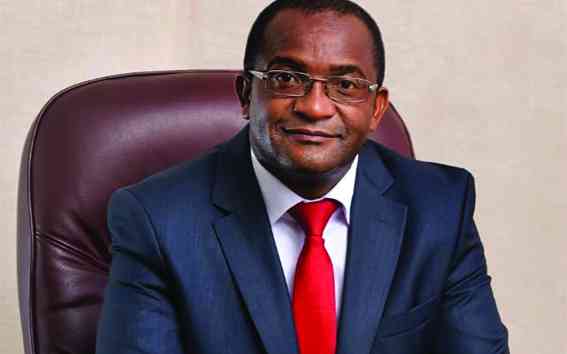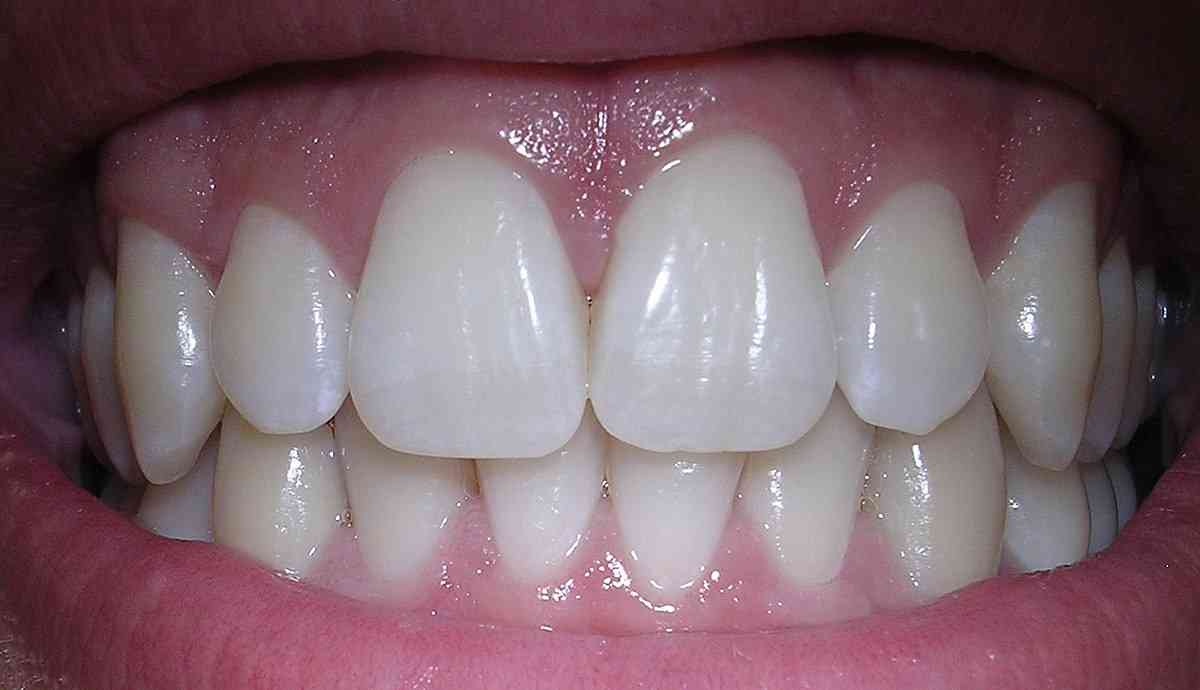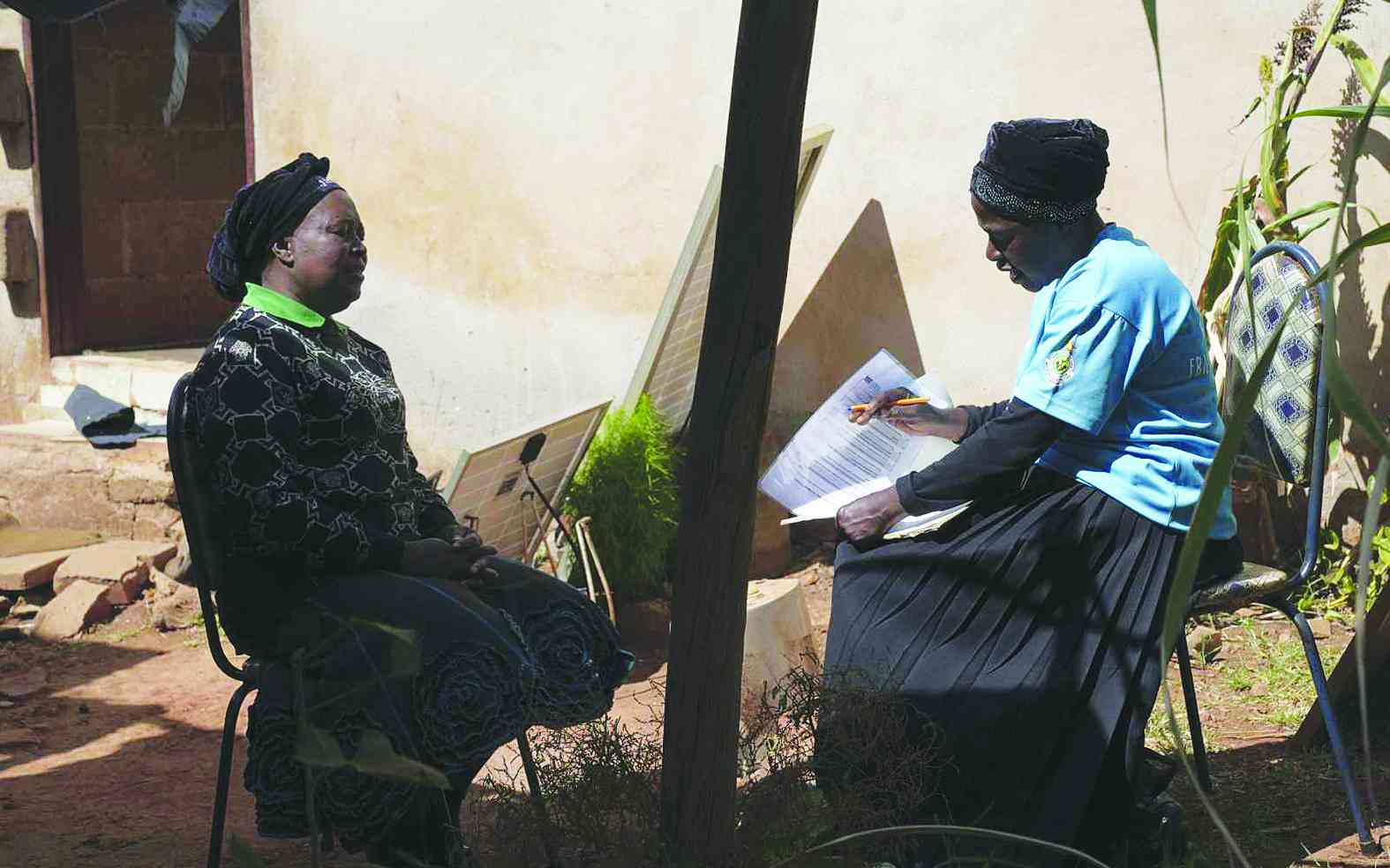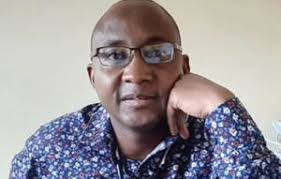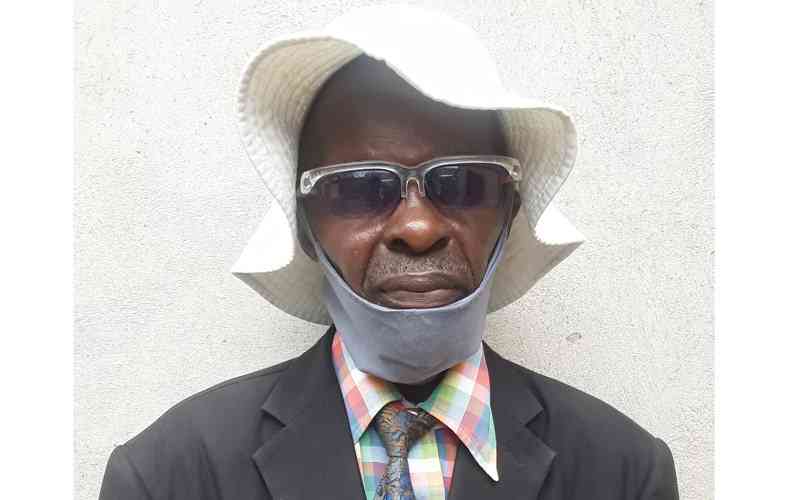
ON April 18, 2023, Zimbabweans from all walks of life thronged different venues across the country to celebrate Independence Day.
The day is a milestone in the history of the country as it accords Zimbabweans a unique opportunity to reminisce about their long, arduous and hazardous march from oppressive colonial rule to national independence.
Under colonial rule, blacks were subjected to a very oppressive system of governance which relegated them to an inferior position in every facet of life. They were impoverished, deprived of education and treated as nonentities in their own motherland.
Independence came as a great beacon of hope to black people, who believed that the emergence of a new political dispensation would transform the country into the proverbial Garden of Eden with everything — peace, love, happiness and economic prosperity for everyone.
This scribe vividly remembers the joy and excitement that engulfed Rufaro Stadium on April 18, 1980 as the Union Jack was lowered for the last time and replaced with our own Zimbabwean flag.
However, the heartrending reality is that the vision of independence that Zimbabweans had in 1980 soon dashed into oblivion.
Under the leadership of the late former President Robert Gabriel Mugabe, Zimbabwe's once vibrant economy crumbled like a deck of cards, turning the country which, at independence in 1980 was the breadbasket of the region, into a basket case. Today, millions of Zimbabweans are locked in a vicious cycle of poverty after being denied the chance to enjoy the fruits of their hard-won independence.
Indeed, it presents a painful paradox to note that before independence the whites exploited blacks, then after independence blacks are now exploiting their own countrymen. This is nothing short of shameful and disgraceful!
- Surface Wilmar in US$50m Olivine revival plan
- Legitimising wrong-doing in the guise of rule of law
- Legitimising wrong-doing in the guise of rule of law
- African leaders dying overseas expose cruel deception of independence
Keep Reading
It has become the norm nowadays to see poverty-stressed Zimbabweans moving around the dirty, congested streets of Bulawayo, Harare and other urban areas on empty bellies, appealing for handouts. The tragic irony is that no one is prepared to assist them as the big “fish” are clearly treating the whole thing as an “each man for himself and God for us all” situation.
This year's independence celebrations were held at a time when Zimbabweans were preparing to exercise their democratic right to vote in the upcoming harmonised elections.
As the elections get closer and closer, Zimbabweans are, as usual, gripped by a mixture of excitement and fear. This is so because Zimbabwean elections have traditionally been scary and violent.
But this time things are certainly different. President Emmerson Dambudzo Mnangagwa, whether you like him or not, has created a real environment of peace and stability in the country — an environment conducive to the holding of free, fair and credible elections.
Mnangagwa does not just preach love, peace and unity among the people of Zimbabwe; he actually walks his talk. With hindsight, it can be seen that even after escaping death by a whisker in a bomb attack at a rally in Bulawayo in 2018, he did not seek revenge and retribution. Instead, he chose to fight hate with love by extending an olive branch to his political opponents. To me, this is the hallmark of true statesmanship.
It is vital to bear in mind that when the new administration came to power, it inherited a battered and bruised economy. Getting that economy back on track for prosperity is going to take time as the road ahead is rugged and bumpy.
Since his inauguration as president of the second republic, Mnangagwa has not been sleeping on duty, as it were, but has been initiating political and economic reforms to revive the economy and restore economic stability in the country.
Economic analysts acknowledge that despite the numerous challenges the country is currently facing, the economy is now on a rebound. This recovery is imperceptible to the untrained eye at this early stage. But many economists acknowledge that signs for economic rebound are there.
In an article titled: The farm crisis in Zimbabwe (NewsDay June 3, 2022) renowned economist Eddie Cross noted: “He (President Mnangagwa) laid out a programme of political and economic reforms designed to revive the economy and restore economic stability... After a rocky beginning, the reform programme is starting to show real results. Our economy is growing rapidly...”
Regrettably though, even as Mnangagwa is implementing tangible projects that will help set the country's economic wheels into inexorable motion, officials in some government ministries and in quasi-government institutions are hampering his national development initiatives by engaging in sickening acts of corruption.
Corruption is, by its very nature, an aberration and harms, not only public and private institutions, but terribly taints the image of the country. Widespread lack of development in the country is reinforced by extensive corruption, which scares away investors and discourages development. Zimbabwe's economy cannot fully recover, let alone attract meaningful levels of investment, if the scourge of corruption is not obliterated.
Cuthbert Mavheko is a freelance journalist and theologian based in Bulawayo. He can be contacted on 0773963448 or email: mavhekoc@gmail.com



